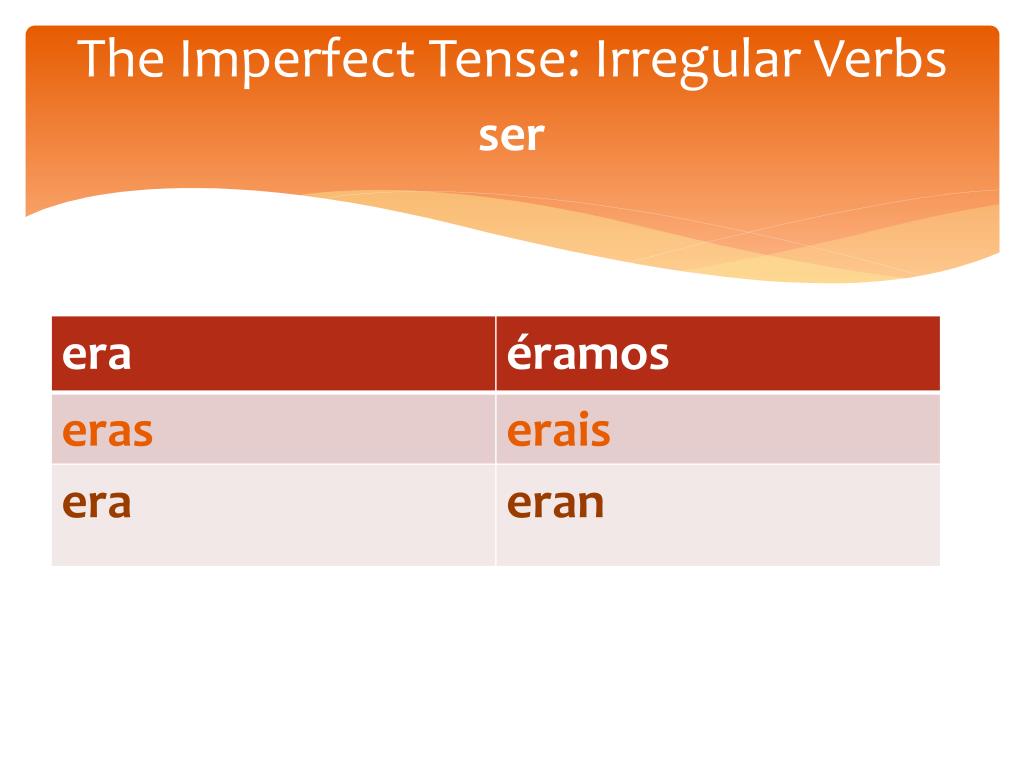So, you’re ready to introduce yourself in Spanish? Fantastic! You’ll need the verb llamarse, meaning “to be called” or “to call oneself.” This guide covers everything llamarse: conjugations across all tenses, real-world examples, and quizzes. Let’s dive in!
Introducing Yourself: Understanding Llamarse
Llamarse is a common Spanish verb, appearing among the top 100 most used. Mastering its conjugation unlocks a key part of Spanish conversation. Its reflexive nature (more on that below) makes it slightly different from the non-reflexive llamar. Internalizing this difference is key to accurate and natural-sounding introductions.
Why Llamarse Is Reflexive
Reflexive verbs, like llamarse, indicate that the action “reflects” back to the subject. The reflexive pronouns (me, te, se, nos, os, se) are crucial and change depending on the subject. For example, “Me llamo Juan” (I call myself Juan/My name is Juan). The me shows that the action of calling applies to “I”. Some experts suggest that this reflexive nature emphasizes the importance of self-identification in Hispanic cultures, although further research is needed.
Llamarse vs. Llamar: Clearing Up Confusion
The difference between llamar and llamarse often trips up learners. Llamar means “to call” someone else: “Llamo a mi madre” (I call my mother). Llamarse, with its reflexive pronoun, signifies “to be called”: “Me llamo Ana” (My name is Ana/I am called Ana).
Conjugating Llamarse: A Step-by-Step Guide
Conjugating llamarse involves matching the reflexive pronoun to the subject and then conjugating the verb according to the tense. Let’s examine the present tense:
Present Tense: Making Introductions
| Pronoun | Conjugation | Example |
|---|---|---|
| Yo | Me llamo | Me llamo Juan. (I am called Juan.) |
| Tú | Te llamas | Te llamas María? (Are you called María?) |
| Él/Ella/Usted | Se llama | Se llama Pablo. (He/She/You are called Pablo.) |
| Nosotros | Nos llamamos | Nos llamamos Los Lobos. (We are called The Wolves.) |
| Vosotros | Os llamáis | Os llamáis Los Gatos? (Are you all called The Cats?) |
| Ellos/Ellas/Ustedes | Se llaman | Se llaman Las Rosas. (They/You are called The Roses.) |
Llamarse Across All Tenses: A Deep Dive
This section provides a comprehensive overview of llamarse conjugation across all tenses, including indicative, subjunctive, and imperative moods.
Indicative Mood: Stating Facts
The indicative mood describes factual statements and actions.
| Tense | Example(s) | Explanation |
|---|---|---|
| Present | Me llamo Ana. (I’m called Ana.) | Used for introductions and stating names. |
| Preterite | Me llamé Juan ayer. (I was called Juan yesterday.) | What someone was called at a specific past point. |
| Imperfect | De niño, me llamaba Pepe. (As a child, I was called Pepe.) | What someone was habitually called in the past. |
| Future | Me llamaré María cuando me case. (I will be called Maria when I get married.) | What someone will be called in the future. |
| Conditional | Si fuera famoso, me llamaría… (If I were famous, I’d be called…) | Hypothetical situations. |
| Present Perfect | Me he llamado Ana toda mi vida. (I have been called Ana all my life.) | A name you’ve had from the past up to now. |
| Past Perfect | Me había llamado Juan antes. (I had called myself Juan before.) | Calling yourself prior to another past event. Also see pagar preterite. |
| Future Perfect | Para mañana, me habré llamado varias veces. (By tomorrow, I will have called myself several times.) | An act of naming oneself completed before a specific future point. |
| Conditional Perfect | Me habría llamado Juan si hubiera sabido. (I would have called myself Juan if I had known.) | Hypothetical past situations. |
Subjunctive Mood: Expressing Uncertainty
The subjunctive mood conveys wishes, doubts, and hypothetical scenarios.
| Tense | Example(s) | Explanation |
|---|---|---|
| Present | Dudo que se llame Juan. (I doubt his name is Juan.) | Expressing doubt about someone’s name. |
| Imperfect | Si me llamara María, sería feliz. (If I were called Maria, I would be happy.) | Hypothetical situations in the past. |
| Future | Cuando me llame Juan, le responderé. (When someone calls themselves Juan, I will answer.) | Future actions dependent on a specific naming event. |
Imperative Mood: Giving Commands
The imperative mood gives commands or makes requests.
| Form | Example(s) | Explanation |
|---|---|---|
| Affirmative (tú) | ¡Llámate Juan! (Call yourself Juan!) | Direct command to call oneself a specific name. |
| Negative (tú) | No te llames Juan. (Don’t call yourself Juan.) | Prohibiting a specific self-naming. |
| Affirmative (usted) | Llámese Juan. (Call yourself Juan. [formal]) | Formal command to call oneself a specific name. |
Mastering Llamarse: Practice and Beyond
Practice is key to mastering llamarse. Try creating your own sentences, varying the tenses and situations. Consider how llamarse functions in different Spanish-speaking regions—pronunciation and usage can vary slightly. By understanding these nuances, you’ll navigate introductions and conversations with greater fluency and cultural sensitivity.
- 1 Liter to Fluid Ounces: Easy Conversion Guide - April 9, 2025
- Unlock what is the seventh month: A Cross-Cultural Calendar Guide - April 9, 2025
- Discover White Fruits: Ultimate Guide to Taste & Nutrition - April 8, 2025
















